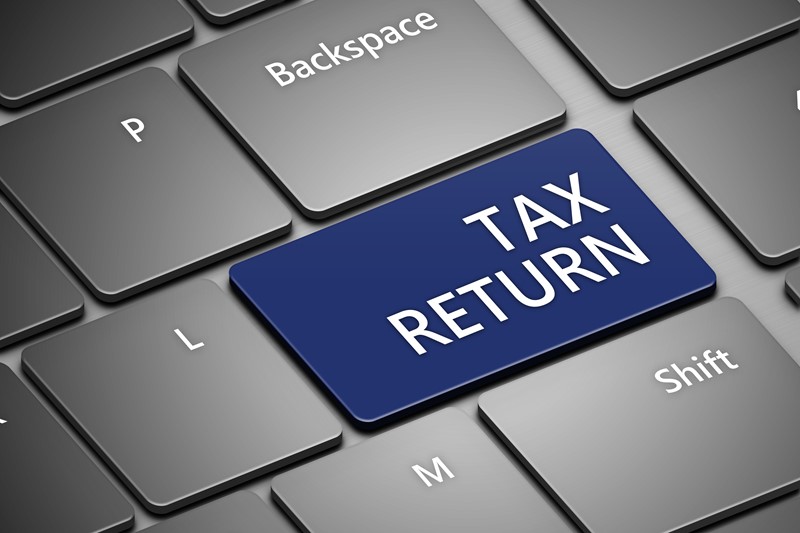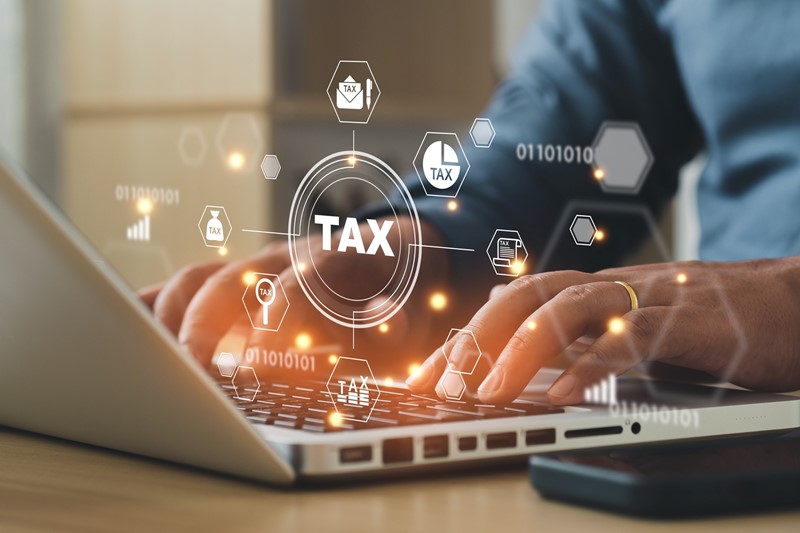Income reporting threshold increased

The £3,000 reporting threshold for trading, property, and other income will simplify tax returns—300,000 people could be freed from filing. A digital alternative is also coming.
As part of the
Is income from hobbies taxable?

Not every money-making hobby counts as a business for tax purposes. Knowing when a hobby crosses into trading territory is vital to avoid unexpected tax bills. If your side project is growing, it
Less than a year before MTD for Income Tax starts

MTD for Income Tax kicks off in April 2026 for those earning over £50k. Digital records, quarterly updates, and tougher penalties are on the way. If this affects you, it’s time to get ready.
Designed
Tax relief for landlords replacing domestic items

Swapped an old fridge or carpet in your rental property? Landlords can claim tax relief on replacing domestic items – but not if it’s an upgrade! Know the rules and save money by claiming what you are
Child Benefit increases April 2025

Child Benefit has risen for 2025-26: £26.05 for eldest, £17.25 for others. Claim continues to age 20 in approved education. HICBC still applies for incomes over £60K – but PAYE option coming this
Checking your tax code for 2025-26

Do you know what your 2025-26 tax code means? It affects how much tax is taken from your pay or pension. Check now to make sure you’re on the right code and not overpaying! Here’s what the letters and
Beneficial interests in jointly held property

Couples who jointly own rental property are usually taxed 50:50, even if they own different shares. But if you’re married or in a civil partnership, Form 17 lets you split income based on actual
Making Tax Digital for Income Tax

Making Tax Digital for Income Tax (MTD for IT) will become mandatory in phases from April 2026. If you’re self-employed or a landlord earning over £50,000, get ready for quarterly updates, digital
Requesting evidence of earnings

If you’re self-employed, lenders may require an SA302 and tax year overview as proof of earnings for mortgages or loans. These documents verify income declared on your self-assessment tax return and
Rental business mortgage relief

Since April 2020, landlords can no longer deduct mortgage interest as an expense. Instead, tax relief is capped at 20%. This change affects UK and non-UK resident landlords, trustees, and partnerships


